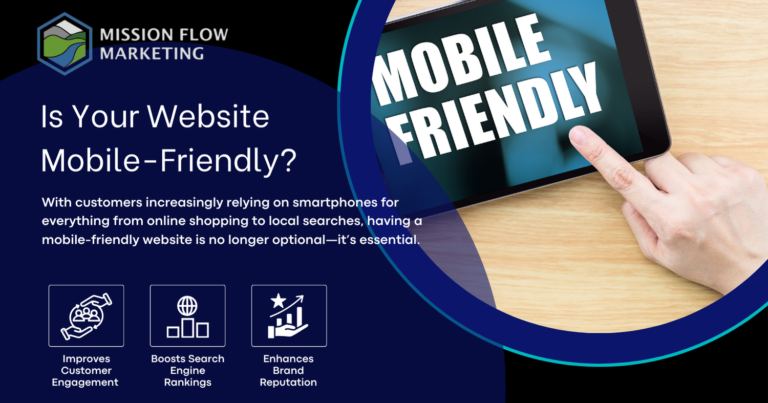

In today’s fast-paced digital world, people expect websites to load quickly. If a site takes too long, visitors may leave before they even see what you have to offer. Website speed not only affects user satisfaction but also plays a significant role in search engine rankings. In this post, we’ll explore why website speed matters and provide practical tips to improve it.
Studies show that people expect websites to load in two seconds or less, and nearly half of all users will leave a site if it takes more than three seconds to load. A fast-loading website provides a smoother and more enjoyable experience for users, which can lead to higher engagement, longer visit times, and better conversion rates.
Search engines like Google prioritize websites that load quickly because speed enhances the user experience. Google’s algorithms now consider page speed as a ranking factor, especially for mobile searches. This means that slow websites are less likely to appear at the top of search results, potentially losing out on valuable organic traffic.
Website speed can directly impact your bottom line. Research shows that for every second of delay, conversions can drop by up to 7%. Faster websites encourage users to stay, explore, and ultimately take action, whether it’s making a purchase, signing up for a newsletter, or contacting you for services.
Improving website speed doesn’t always require a complete overhaul. Here are some practical tips to enhance your site’s performance:
Large images are one of the most common causes of slow page load times. By compressing images and using appropriate file formats (like JPEG for photos and PNG for graphics), you can reduce file sizes without sacrificing quality.
Use tools like TinyPNG or ImageOptim to compress images before uploading them to your site.
Each element on a webpage—images, scripts, stylesheets—requires a separate HTTP request. The more elements you have, the longer it takes for the page to load. Minimizing these requests can speed up your website.
Consider consolidating CSS and JavaScript files and removing any unnecessary elements to reduce HTTP requests.
Browser caching allows static elements, like images and stylesheets, to be stored on a user’s device so they don’t have to reload every time they visit your site. This can significantly speed up load times for returning visitors.
Use tools like WP Rocket or enable caching through your website’s settings to set up browser caching.
A CDN distributes your website’s content across multiple servers around the world, making it faster for users to load your site no matter where they’re located. CDNs improve load times by delivering content from a server closer to the user’s geographic location.
Popular CDN services include Cloudflare, Amazon CloudFront, and Akamai. Many web hosts also offer CDN options.
Excessive or redundant code can slow down your website. Minifying CSS, JavaScript, and HTML files reduces file sizes by removing unnecessary characters, spaces, and comments.
Tools like UglifyJS for JavaScript and CSSNano for CSS can help you minify your code.
Each redirect adds additional HTTP requests and increases load time. While some redirects are necessary, excessive or outdated redirects can slow down your website unnecessarily.
Audit your site regularly to ensure that any unnecessary redirects are removed and only essential ones are kept.
Your hosting provider plays a big role in determining website speed. If you’re using a shared hosting plan, you may experience slower load times due to resource sharing. Investing in a more robust hosting plan, like VPS or dedicated hosting, can offer better speed and performance.
Look for hosting providers that offer speed-focused plans or dedicated resources to improve your site’s load times.
Website speed is essential for providing a great user experience, boosting SEO, and increasing conversions. By making a few adjustments, you can significantly improve your site’s performance and create a smoother experience for visitors. Implement these tips to get started, and watch your site’s speed (and user satisfaction) soar.
If you need help optimizing your website’s speed, contact Mission Flow Marketing for a free quote! We specialize in creating high-performance websites that are optimized for both speed and SEO.